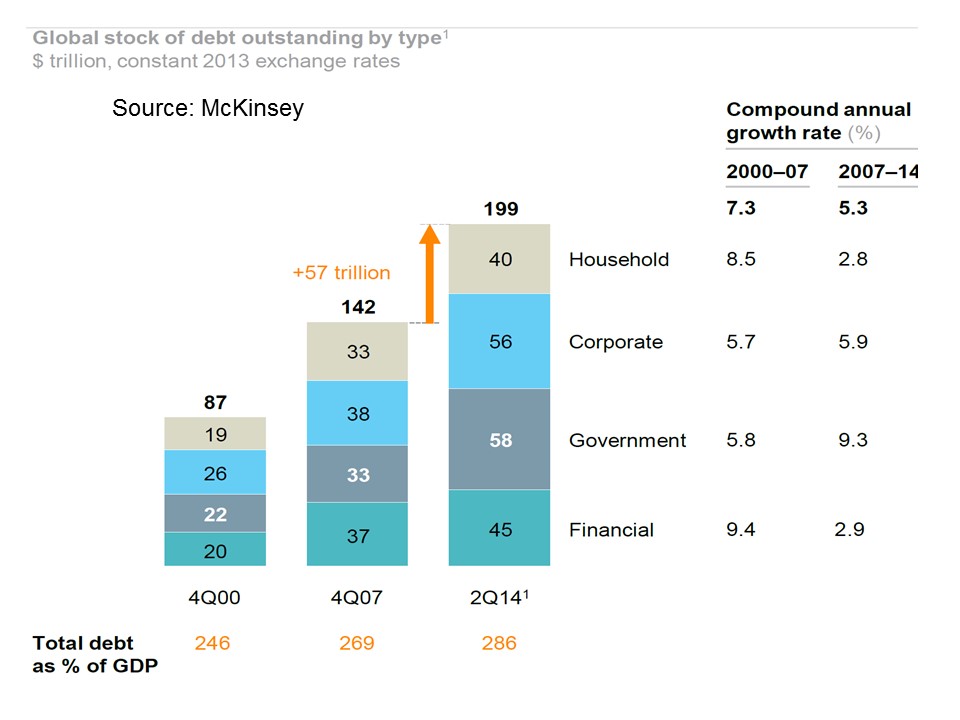An interesting upcoming event …
The All Party Parliamentary Group on Economics, Money and Banking
is pleased to invite you to a meeting hosted jointly with the
European Financial Forum
Speaker:
Graham Mather
President of the European Policy Forum and author of Why Argentina’s debt matters to Europe, a paper published by the EFF in March 2012.Graham has been General Director of the IEA, Head of Policy at the IoD and an MEP.
4pm on Monday 14th May in Committee Room 19, House of Commons
The Argentine Debt Crisis is little understood in Britain. Argentina committed the greatest default in history in 2001 ($81bn). It has failed to come to an arrangement with outstanding creditors despite reserves large enough to repay its debts in full. Its defiance of treaty obligations and international court judgements poses a threat of contagion and further destabilisation of the international financial system. Its behaviour has provoked mandatory sanctions from the USA, which now also votes against World Bank loans to the country.
Britain is the second largest contributor to the current World Bank IDA lending programme, which has lent £4.78 billion to Argentina. The EU has allocated 65 million euros in aid for Argentina between 2007 and 2030. Britain is the sixth largest investor in Argentina, investing over $2bn in the last three years.
Graham Mather will address whether providing further loans to non-essential Argentine Government projects at a time when it is refusing to pay its international debts and honor international obligations risks sending conflicting signals to President Kirchner.



“Argentina committed the greatest default in history in 2001 ($81bn)”
I can only applaud them. We too should default. Government debt is fundamentally immoral, and should not be honoured.
“Britain is the sixth largest investor in Argentina, investing over $2bn in the last three years.”
There’s a big difference between investing in Argentina and ‘investing’ in the Argentinian government.
There’s also a big difference between voluntary private investment and coerced investment (forced on UK taxpayers by our government).
Wise words….
Defaults, either outright or through inflation, are going to happen. Once one of the more “sophisticated” countries does it, it will probably cascade. The first large country (economy) to fix it’s currency to gold will also create a cascade of followers. Let’s get on with it.
Anyone who lends money to any government is doing so on the basis that their money will be spent on bureaucrats/welfare and it will be recouped by future taxation. Anyone who lends money to any government is complicit with that government and with the theft of property by law from future taxpayers.
Anyone who buys an asset from a government like the Argentine government should look at the past 50 years history of that State and ask “Will they confiscate it when it suits them to do so?”.
What are “essential Government projects” in Argentina? Making it a crime to discuss inflation, threatening peaceful, blameless Falkland Islanders, throwing dissidents out of helicopters into the River Plate with their stomachs slit open so that they sink and don’t get washed up, rotting, on Uruguayan beaches?
Yes – the fact that some people still talk of financing “essential” government projects in Argentina is depressing.
The British government should not have an “overseas aid” budget (Peter Bauer refuted this nonsense decades ago).
As for the various “international” authorities (IMF, World Bank, UN, on and on) they are demented – and the United Kingdom (and every other nation) should get out of these organizations.
However, it still astonishes me that even Mr Cameron and Mr Osbourne (ultra establishment people though they are) are still supporting money going to Argentina.
The government of Argentina has defaulted on its debts MANY TIMES.
The government of Argentina is engaged in insane economic policies RIGHT NOW.
Can nothing be done to remove Mr Cameron and Mr Osbourne from office?
Argentina should stay out of the Falklands which are British in international law – but other than that, I agree with some of the other comments that more than one country is going to default, either directly or indirectly and – in essence – depart from the stifling bosom of the the international money system (or rather debt and credit system) with a sigh of relief or even a whoop of joy if they are of a Latin temperament rather than an Icelandic one.
The countries which most badly need to default are those with National Debts in the trillions – we all know who they are. But anyway the sooner the better, whatever the size of the National Debt – prolonging the agony does more than prolong the agony, it creates collateral damage which is preventable.
“Argentina committed the greatest default in history in 2001 ($81bn).”
“It has failed to come to an arrangement with outstanding creditors”
Yes it has, Argentina in effect went bankrupt, the creditors can whistle for the money.
Argentina has also started in Nationalise Utilities; without recompense if they have any sense.
As long as they don’t try to touch the Falklands, I support them.
Both Argentina & Iceland have shown us the way.
The UK cannot pay the National Debt, we are insolvent.
If the Government wanted to start sorting the books, the first & easy thing to do is re-negotiate ALL PFI contracts offering 10P in the £, if not default on them.
No political party would oppose this, it could get through Parliament in a week.
Now the Public sector “unfunded” pensions, may be a wee bit trickier!